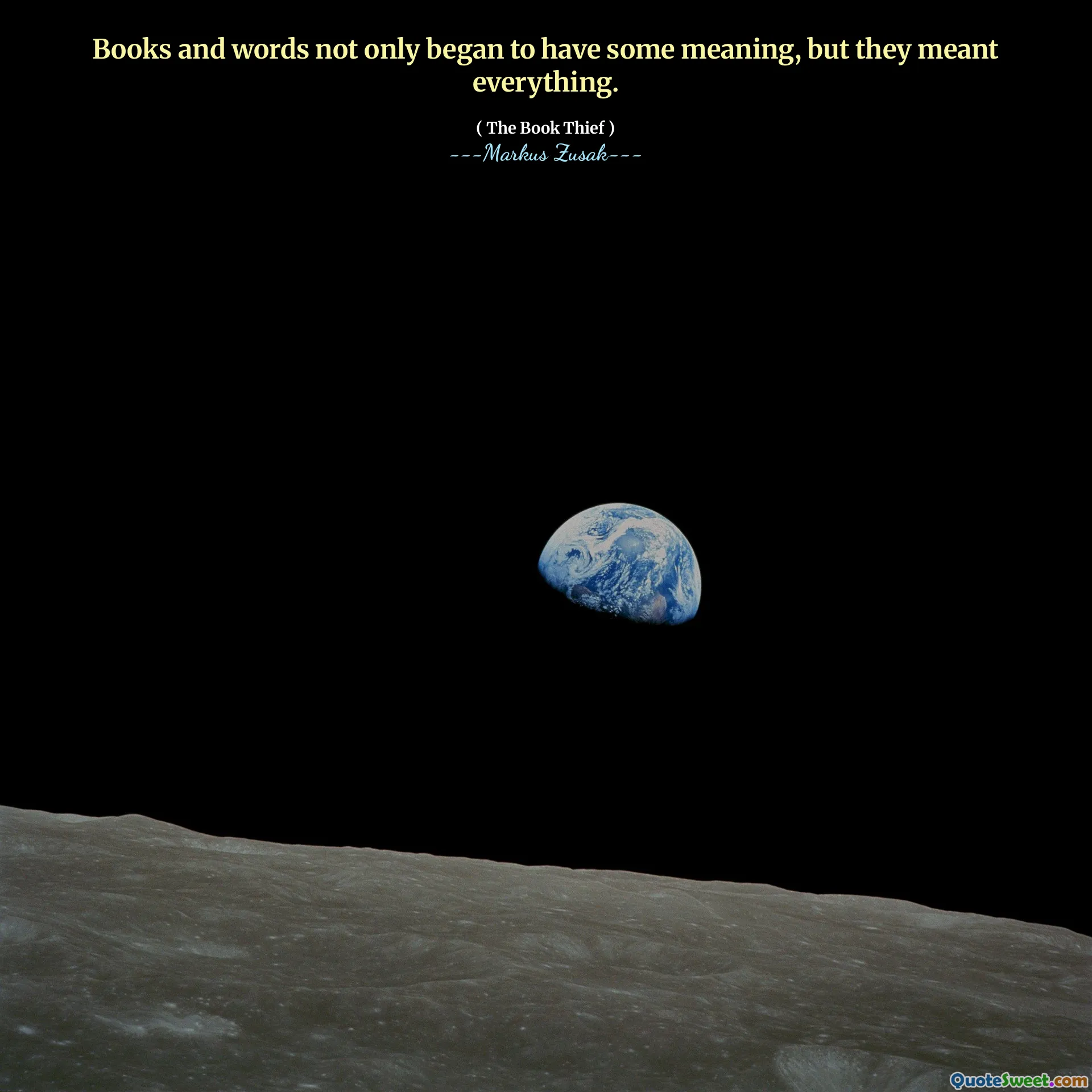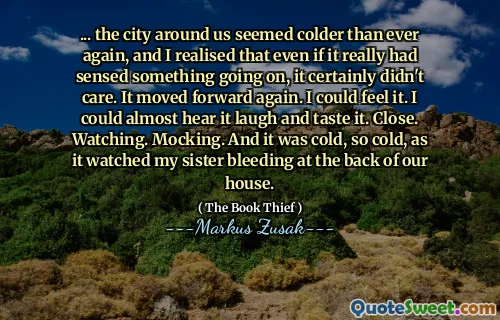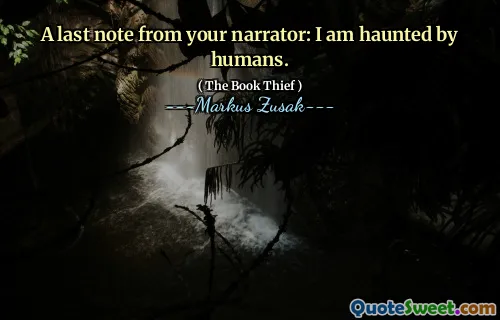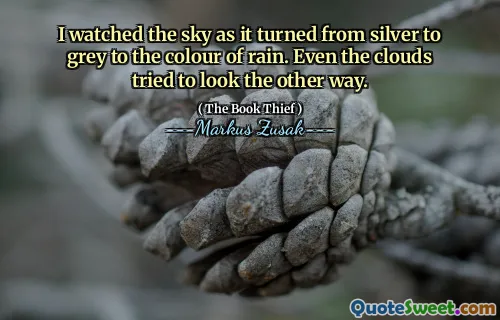
Books and words not only began to have some meaning, but they meant everything.
This quote explores the profound power of language and literature in shaping human existence. When books and words assume such significance, they transcend their basic function of communication, becoming tools that define identity, culture, and even reality. Throughout history, words have been the vessels of knowledge, emotion, and ideology, capable of inspiring revolutions or offering comfort in times of despair. The phrase suggests a transformation — from mere symbols to fundamental elements that embody meaning itself, indicating how deeply intertwined language is with our understanding of the world.
In the context of the novel 'The Book Thief,' this idea resonates profoundly. The protagonist finds solace, strength, and identity through the words she cherishes, especially in dark times. Words become her refuge and her weapon, illustrating their immense importance in shaping personal and collective experiences. This perspective emphasizes the responsibility that comes with wielding words, as they can influence thoughts, feelings, and actions profoundly.
Moreover, this quote invites reflection on the role of literature and language in our lives today. In a digitally connected world, words move faster and are more prevalent than ever, yet their power can be underestimated. When words truly mean everything, they can foster understanding, empathy, and change, reminding us to cherish and wield them thoughtfully. Ultimately, this sentiment underscores that language is not merely a medium; it is the fabric that weaves our stories, identities, and histories together.











